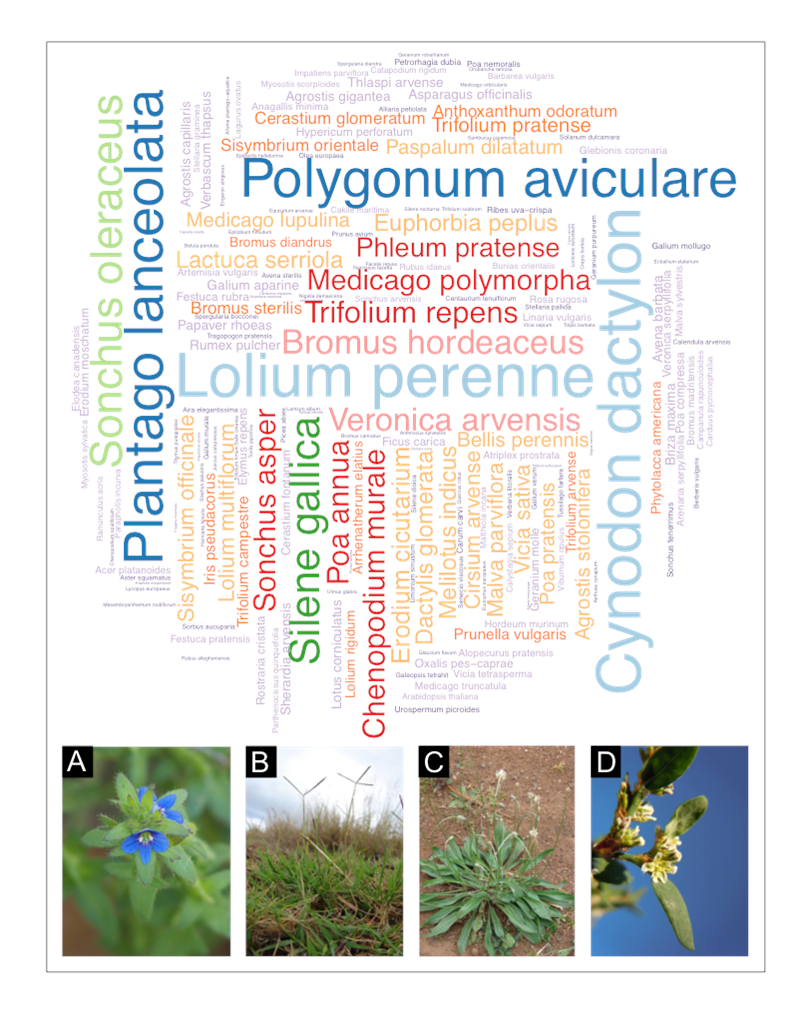We need to stop looking through rose-coloured glasses – plant biodiversity in the face of climate change
In an article recently published in Current Biology, an international team led by C·I·B Research Associate Jaco Le Roux suggest that care should be taken when conveying scientific data related to biodiversity impacts caused by climate change, as policy makers often make decisions based on scientific evidence.
Comments Off on We need to stop looking through rose-coloured glasses – plant biodiversity in the face of climate change
18 May 2020

